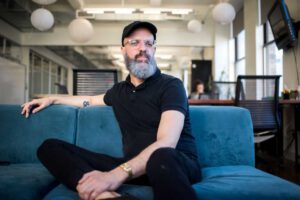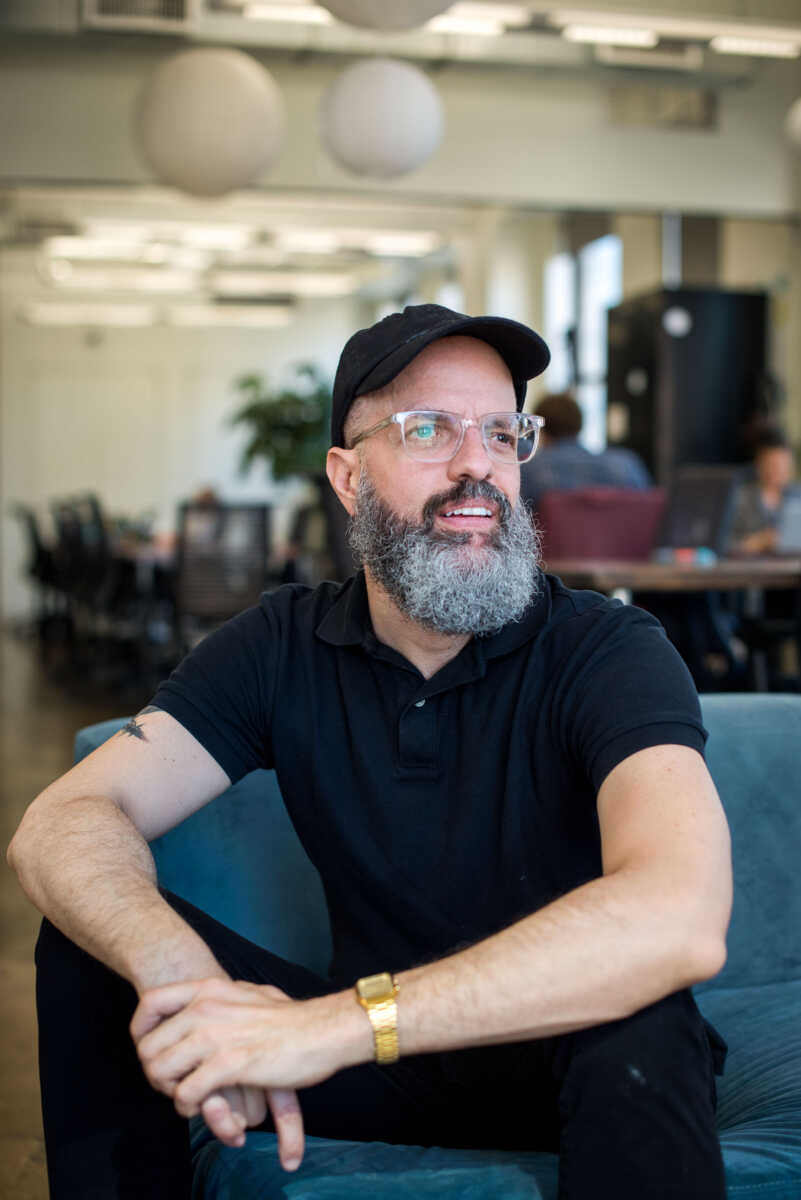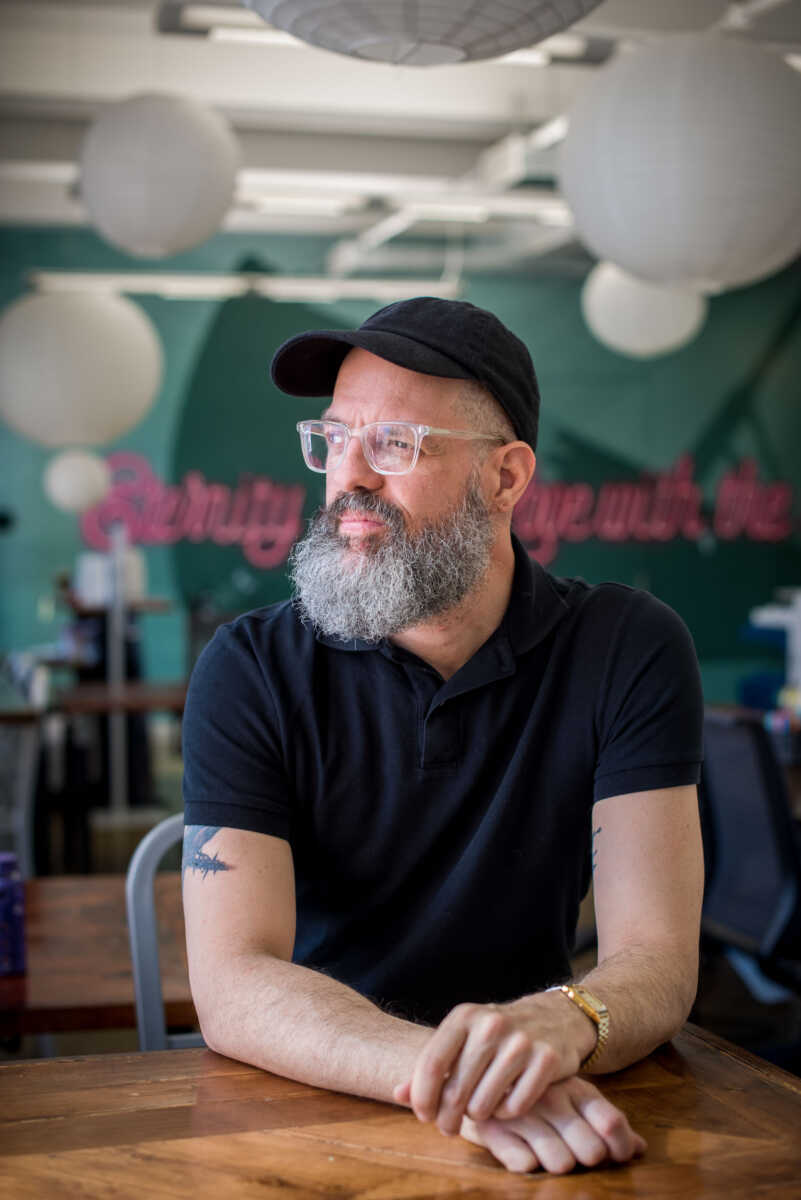 When I was growing up, I wanted to be an architect. I dreamt of building cities. I would construct cities out of sand in my sandbox, landscape them, cut through roads; these were multi-level dream cities. I had an active fantasy life. I planned out my entire future down to the names of my children.
When I was growing up, I wanted to be an architect. I dreamt of building cities. I would construct cities out of sand in my sandbox, landscape them, cut through roads; these were multi-level dream cities. I had an active fantasy life. I planned out my entire future down to the names of my children.
None of this turned out the way I dreamt. I missed a crucial step in terms of understanding how to actualize a future. As I moved into adulthood, I spent so much time worrying about my NF2-related schwannomatosis, especially about not having health insurance, that I accepted a lot of jobs in order to have health insurance, even though I was less than excited about any of them. My peers were off concentrating on their careers and taking on fun side jobs, while I tried to hold down 9-5 office jobs before I was really ready for them — all in the name of those yearly MRIs.
Like the rest of us with NF2-related schwannomatosis, I lost my hearing. It began in high school, which is when I was diagnosed. I wore hearing aids when I was in my 20s. In my early collegiate career, I didn’t make use enough of support services for students with disabilities. That was a mistake that slowed my educational progress.
I returned to school to finish my art degree but struggled to get through class and make the hearing aids work. I had note-takers and was glad I wasn’t in a program that required lectures. By my mid-30s, I was completely deaf.
By the time I got to graduate school, I knew to ask for better accommodations and made it part of my discussions with potential schools. I think that kind of determination to succeed in getting what I needed also helped me succeed as a graduate student.
I have a strong interest in design professions. These are highly collaborative positions, and I personally like the most collaborative parts – the client work, the brainstorming, the co-creation, the workshopping. That’s all quite difficult with NF2, but I’ve persisted. I’ve developed strategies and worked with my colleagues to develop them into helpers. It is an ongoing process, but I think it helps make me a better collaborator.
I wish that, when I was a child, someone had told me that no one actually knows what they are doing. They have some knowledge that they attained by experimenting relentlessly, learning from mistakes and successes, and trying again. [Everyone is] pretty much faking it until they make it. Be that person who doesn’t need to live in fear and shame and let go of the relentless pursuit of perfection, I would tell my younger self. Don’t worry so much about the end goal, but the path to get there.
Christopher Edwards, 43 years old, lives with NF2-related schwannomatosis. He is a product designer at a software company in New York City.



